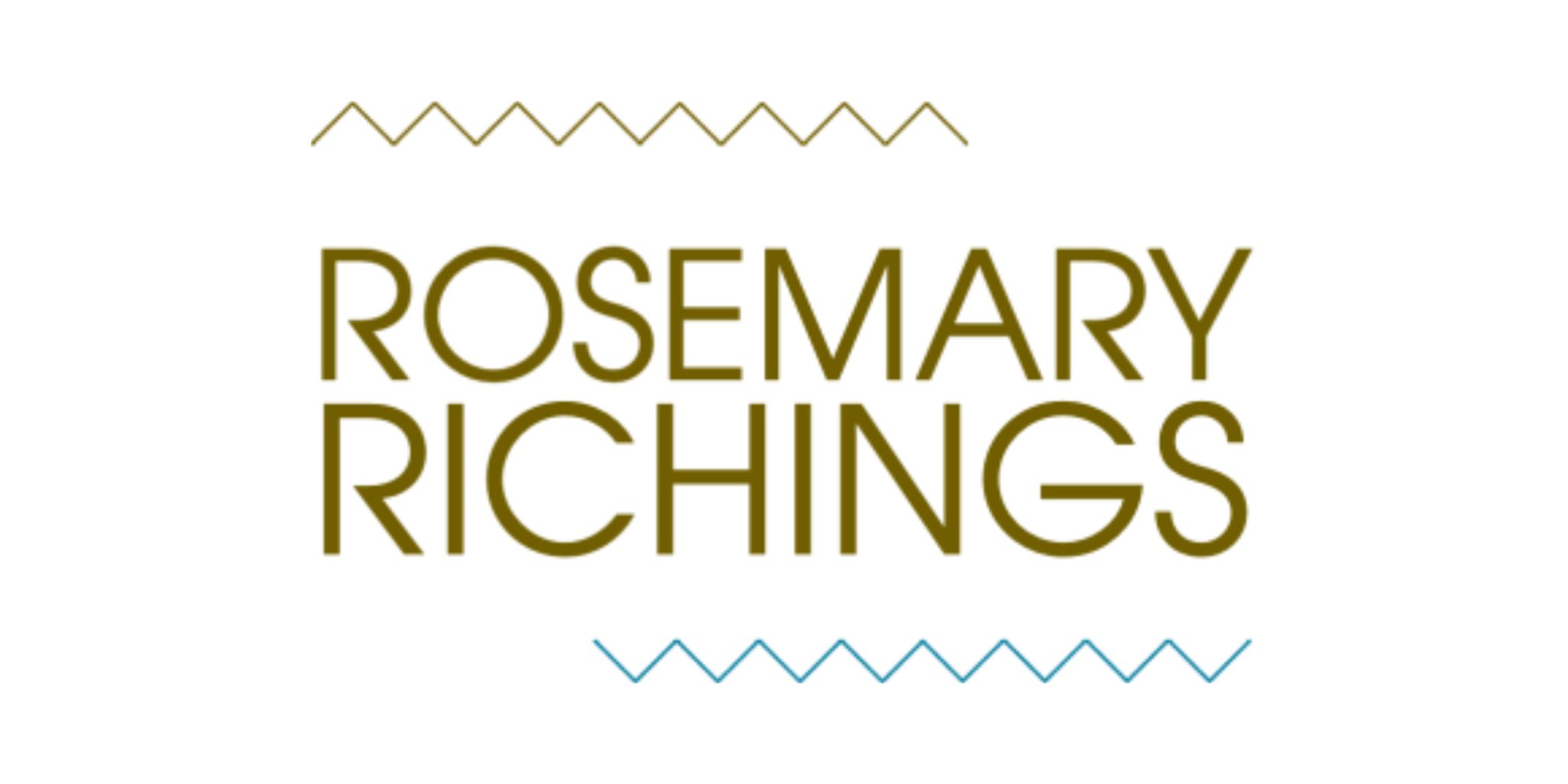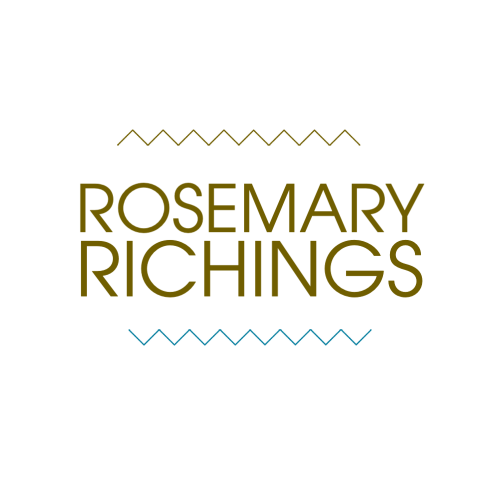I’ve been getting a lot of questions lately about how I got a mentor for the novel I’m writing. Now that I’m almost done writing my first draft, I wanted to share on a different platform the story behind how that actually happened. Because some of you might be wondering how you can get a mentor for your book that you’re working on. This article was originally published on my Medium Digest page, hours after my editor and I first met.
The true story of how I got a mentor for my book
I’m writing a book, and up until now, the amount of people who have read my book is limited.
I keep going on it despite all that. Because I feel like I’m on to something special. I’m nearly thirty and since I was a little girl, I wanted to write and publish a book. It just took a while for me to figure out what I wanted to write about.
When I was 15 years old, my friend Andy and I met via a writer’s group for teenagers, and we still continue our tradition of helping each other out with our writing. Now, he runs his own writer’s group. When I started writing my book, I craved the supportive, communal energy of a writer’s group. So, I reached out to Andy and asked him for more details.
He was open to new members and happy to include a familiar face in his group. It took a while for the day, time, and place of the group to not be a huge inconvenience.
Once I joined, I quickly went from being a passive participant to someone who hosted meetings and had direct input in the overall structure of the group.
But the biggest turning point was the day when we practised the mission statements of our books…
I found an exercise in one of my writing resource books that sparked a really great conversation.
The goal was basically this: write a mission statement for the book you’re working on, share it with others, and get others to ask questions about it. The feedback I got on my mission statement helped me fill the most important gap in my book: identifying my audience.
The book focuses on my life experiences with Dyspraxia, a fine motor skills and spatial processing disability. So most of the questions related to the definition of Dyspraxia, and how common it is.
This led to a major epiphany:
- Focus less on the challenges of remembering something that happened a decade or more ago
- And focus more on aspects of the story that help people who live with the disability.
That evening, my group and I met up at my co-working space. That’s when I got the email address of the person who became the mentor for my book.
Halfway through our meeting, we decided to attend my space’s innovator drinks event. Innovator drinks is a clever attempt at getting members of the co-working space to meet and talk to each other.
Alcoholic and non-alcoholic drinks are a free feature of the event, which creates a friendly, casual atmosphere. At the event, I told one of the co-working space’s staff members about my book.
Then, he gave me a name and email address of an indie publisher in the building.
Only a day or two later, I sent the mentor the following email.
Please note that some names, people, and places have been removed to respect privacy:

Based on that meeting, here are a few things that got the attention of the person who is the mentor for my book.
The subject matter
As soon as I pitched them, I heard that their company’s best selling book was a book about living with bipolar disorder, along with a book about a blind athlete.
So, true disability stories were clearly a good luck charm for their organization. This meant that they believed in the message I was conveying before I even walked into their office. I was warned that this didn’t necessarily guarantee anything for me, and fair enough.
They haven’t read the manuscript yet, so I’m lucky to get manuscript coaching and mentorship out of it.
Familiarity…and right place, right time
Over and over again, I heard stuff like:
I’ve seen you around before. You’re such a familiar face!
I’ve been working from my co-working space for a year and a half now. Being someone who would show up from time to time to work really pays off.
Because everyone that’s part of that community knows I’m one of them, including the people I’ve never spoken to.
The person I had the meeting with has an office in that building, and this established a sense of trust that a random stranger might not have.
Eagerness
I started writing my book months ago, and have roughly 40 pages under my belt. So, I’ve definitely done my research and can talk about Dyspraxia at an expert level.
The book is like an awkward yet loveable child to me at this point, and my passion shined through. I could not talk about it without a combination of excitement and love doing all the talking for me.
So, no matter what he suggested for building an audience I was up for it. Write about my book? Sure. Am I comfortable with podcast and TV appearances? Why not. I even mentioned that I know a thing or two about content marketing and the fact that I have my own blog. He definitely looked impressed.
I used to put people in the publishing world on a pedestal….
Then, I took a few editing focused night school classes, and many of my instructors were the people who work with writers every day. Suddenly, they didn’t seem nearly as unapproachable as I immediately thought.
In fact, I was better off thinking of them as peers. Ever since I fell in love with writing, I so badly wanted to be a published author. By 23, I was paid to write for the very first time, and slowly accumulated a large portfolio of web-based articles.
Then, I reached the five year anniversary of my business and I still wanted to get published the old fashioned way. I joined every writing community that I could to help me with my book.
The moral of the story is basically this: if you don’t have the right connections, you can still get your foot in the door. You just have to be willing to go out there and find the right people.
PS: New articles are published bi-weekly on Mondays. Browse more posts:
50+ B2B articles →
100+ writer-to-writer articles →




